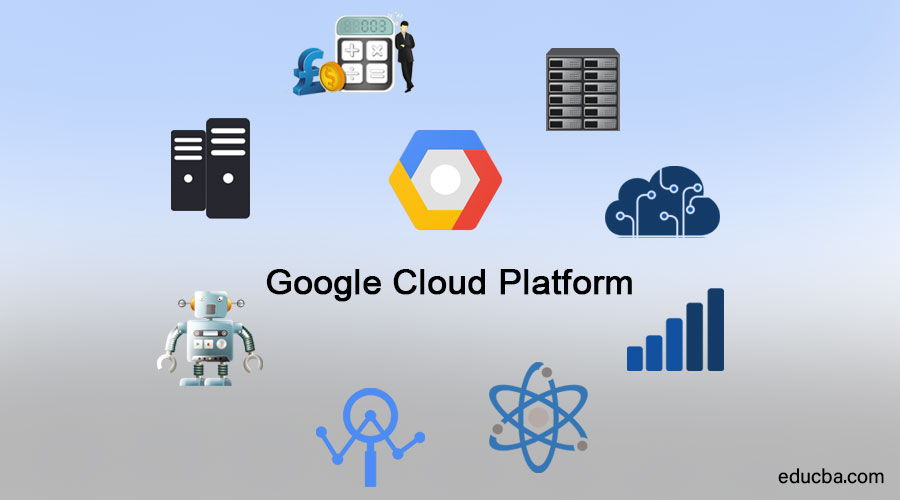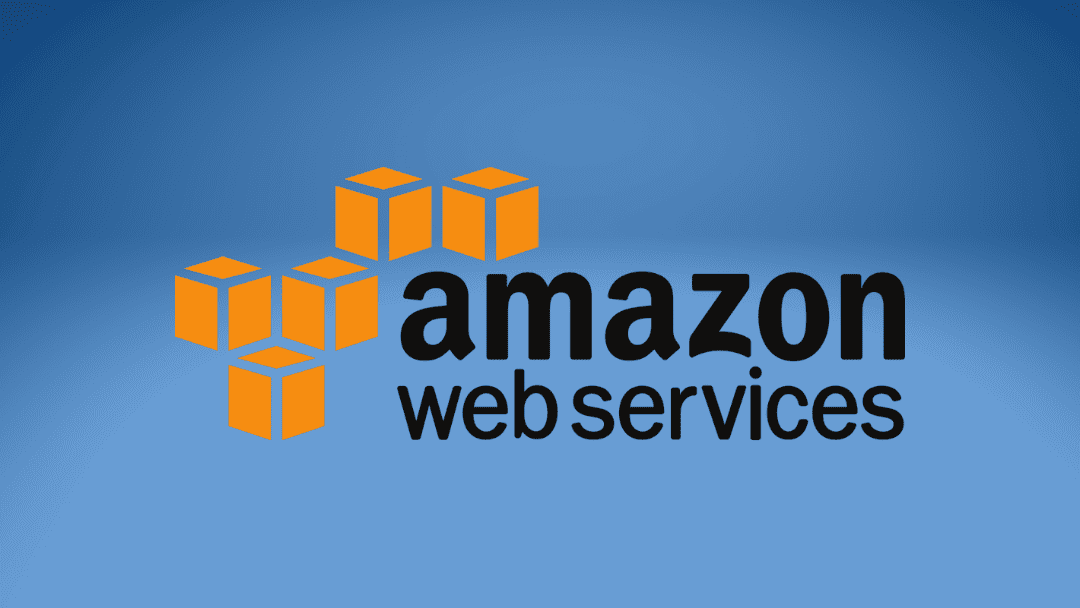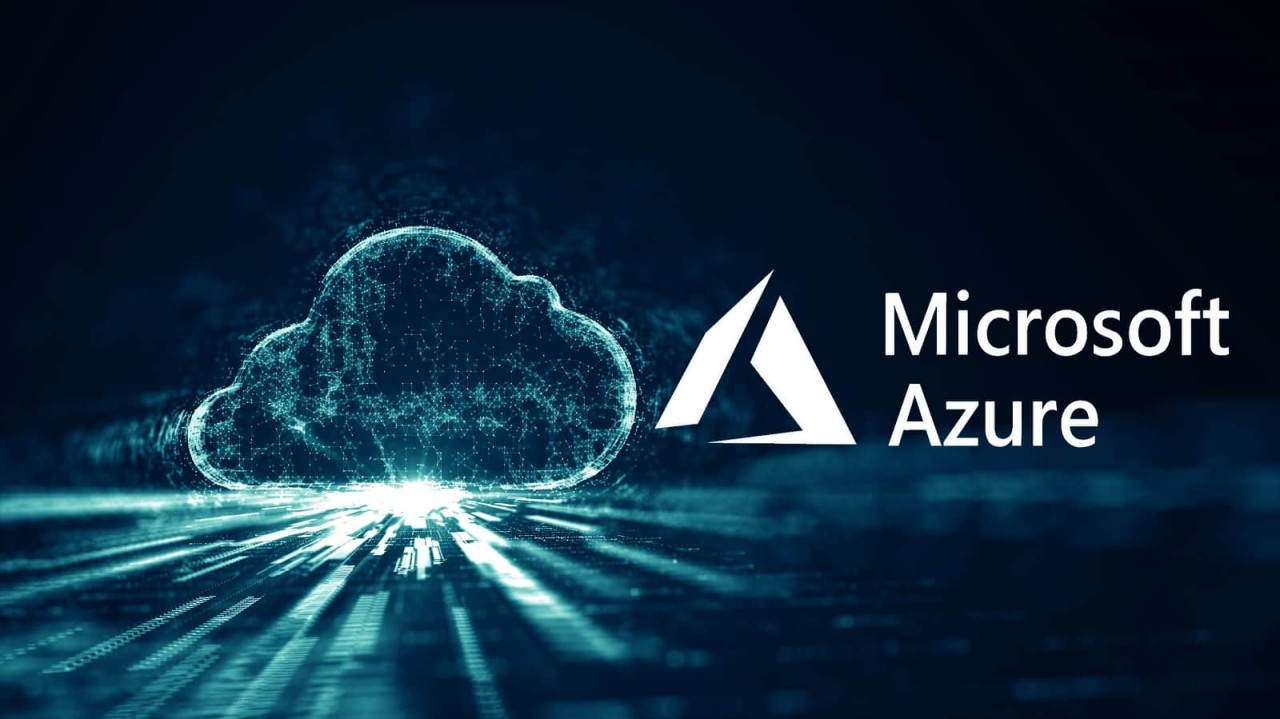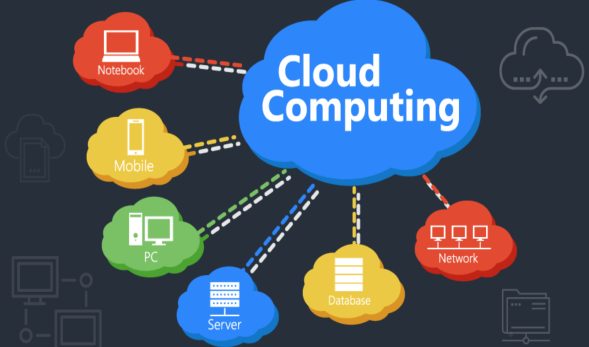Description
Introduction of Google Cloud Platform
This course is designed to equip developers with the knowledge and skills required to build, deploy, and manage applications using Google Cloud Platform (GCP). Participants will explore various GCP services and tools such as App Engine, Compute Engine, Kubernetes Engine, Cloud Functions, and Firebase, enabling them to build scalable and reliable cloud-based applications. This hands-on training covers the entire application lifecycle, from design and development to deployment and monitoring, providing a strong foundation in cloud application development on GCP.
Prerequisites
Participants should have:
- Basic understanding of cloud computing concepts.
- Familiarity with programming languages such as Python, Java, or Node.js.
- Experience with web development and working knowledge of RESTful APIs.
- Basic knowledge of Git and version control systems.
- Understanding of containerization and microservices architectures is a plus but not mandatory.
Table of Contents
- Introduction to Google Cloud Platform for Developers
1.1 Overview of Google Cloud Platform
1.2 Key Services for Application Development on GCP
1.3 GCP Console, SDK, and Command-Line Interface (CLI) - Setting Up Your Google Cloud Environment
2.1 Creating and Managing Google Cloud Accounts
2.2 Navigating the Google Cloud Console
2.3 Setting Up Cloud SDK and GCP Command-Line Tools
2.4 Managing Permissions and Billing - Developing Applications with Google App Engine
3.1 Introduction to App Engine
3.2 Developing and Deploying a Simple Web Application
3.3 Working with App Engine Standard and Flexible Environments
3.4 Integrating Databases and Storage with App Engine - Using Google Compute Engine for Application Hosting
4.1 Overview of Compute Engine(Ref: Machine Learning and AI with Google Cloud Platform)
4.2 Creating and Managing Virtual Machines (VMs)
4.3 Configuring Networking, Load Balancing, and Auto-scaling
4.4 Deploying Applications on Compute Engine VMs - Building Scalable Applications with Google Kubernetes Engine (GKE)
5.1 Introduction to Kubernetes and GKE
5.2 Setting Up a Kubernetes Cluster on GKE
5.3 Deploying and Managing Containers with Kubernetes
5.4 Scaling Applications with Kubernetes Deployments and Services - Serverless Application Development with Cloud Functions
6.1 Introduction to Serverless Computing and Cloud Functions
6.2 Writing and Deploying Cloud Functions
6.3 Integrating Cloud Functions with Other GCP Services
6.4 Event-Driven Application Development - Managing Databases for Cloud Applications
7.1 Overview of Google Cloud Databases: Firestore, Cloud SQL, and BigQuery
7.2 Connecting Your Applications to Databases
7.3 Using Firebase for Real-time Data Sync
7.4 Working with Cloud Spanner for Horizontal Scaling - Using Google Cloud Storage for Application Data
8.1 Introduction to Cloud Storage
8.2 Storing and Managing Files in Google Cloud Storage
8.3 Integrating Cloud Storage with Your Applications
8.4 Best Practices for Secure Data Storage and Access - Monitoring and Logging Applications on GCP
9.1 Introduction to Google Cloud Monitoring and Logging
9.2 Setting Up Monitoring Dashboards with Cloud Monitoring
9.3 Logging Application Activity with Cloud Logging
9.4 Integrating Stackdriver for Full-Stack Monitoring - Application Deployment and Continuous Integration (CI)
10.1 Setting Up Continuous Integration with Cloud Build
10.2 Automating Deployment with Cloud Deploy
10.3 Blue-Green Deployments and Rollbacks
10.4 Managing Application Versions and Rollouts - Securing Applications on Google Cloud
11.1 Security Best Practices for GCP Applications
11.2 Using Google Cloud Identity and Access Management (IAM)
11.3 Implementing OAuth 2.0 and Firebase Authentication
11.4 Securing Data with Google Cloud Key Management - Optimizing Application Performance on GCP
12.1 Performance Tuning for GCP Applications
12.2 Auto-scaling and Load Balancing Techniques
12.3 Improving Latency with Content Delivery Network (CDN)
12.4 Optimizing Application Costs on GCP - Scaling and Managing Large-Scale Applications
13.1 Using Google Cloud’s Global Infrastructure for Scalability
13.2 Managing Microservices Architectures on GCP
13.3 Auto-scaling and High Availability Strategies
13.4 Disaster Recovery and Backup on GCP - Hands-On Labs and Projects
14.1 Lab: Building a Web Application with Google App Engine
14.2 Lab: Deploying a Containerized Application with GKE
14.3 Lab: Developing Serverless Functions with Cloud Functions
14.4 Lab: Connecting a Database to a Cloud Application
Conclusion
In this course, you have learned how to build, deploy, and manage applications using Google Cloud Platform. With hands-on experience working with GCP’s powerful tools like App Engine, Kubernetes Engine, Cloud Functions, and Compute Engine, you are now equipped to develop cloud-native applications that are scalable, resilient, and secure. By leveraging GCP’s features, developers can streamline the application lifecycle, automate processes, and optimize performance, allowing businesses to grow and innovate more rapidly in the cloud.







Reviews
There are no reviews yet.